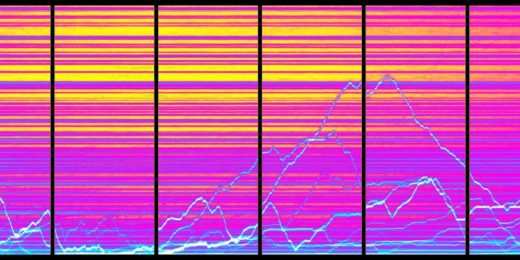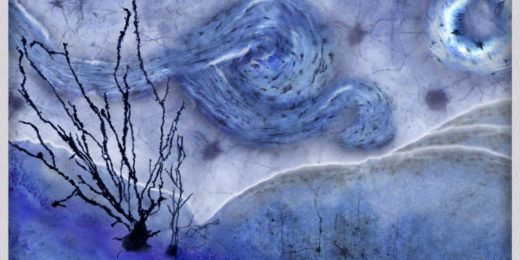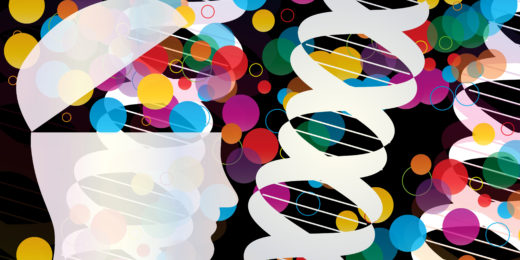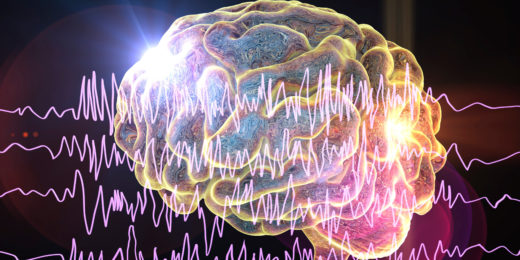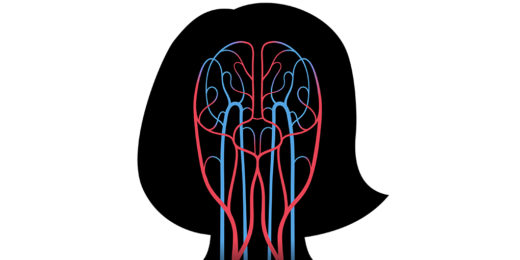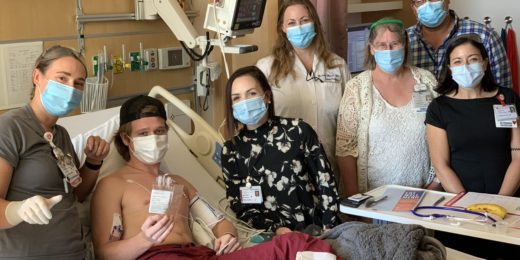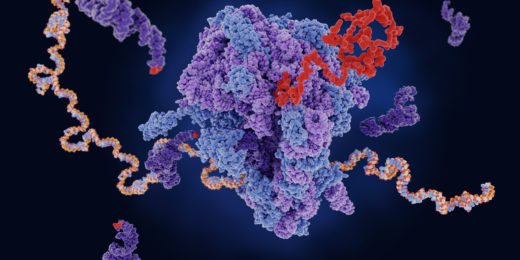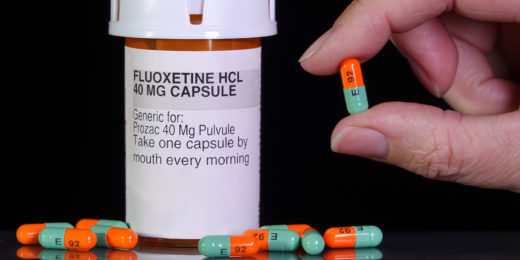Stanford Medicine researchers tracked memory formation in real time, watching how muscle memory is created.
Category: Neurobiology
Routing cancer cells to the right path may boost treatment
Researchers at Stanford Medicine discover a certain molecule renders a type of cancer cell more susceptible to treatment.
Losing sleep in adolescence makes mice less outgoing as adults
Mice that had sleep interruptions during adolescence had less interest in making new friends later on, a Stanford study shows.
Ask Me Anything: Brain health and cognition
Sharon Sha, Stanford Medicine neurologist discusses all things brain health and cognition in an Ask Me Anything.
Graphs, worms and California skies
Scientists combine their love of science and art in an image competition hosted by the Stanford Wu Tsai Neurosciences Institute.
The brain meets ‘The Starry Night’
Researchers find the intersection of art and science in an image competition. The winner's image is modeled after 'The Starry Night.'
Clues from Down syndrome hint at new Alzheimer’s finding
Researchers at Stanford Medicine have discovered a possible molecule connection between Down syndrome and Alzheimer's disease.
Physician explains how COVID-19 mutes sense of smell
Physician-scientist weighs in on how the virus behind COVID-19 hampers your sense of smell and, sometimes, taste.
From Botox to headaches: The history and potential of migraine surgery
A Stanford plastic surgeon discusses a little-known treatment for migraines: surgery that involves decompressing a nerve.
Four-year-old’s bumped head leads to brain tumor discovery
A preschooler's brain tumor is revealed after he hits his head at a T-ball game, allowing doctors to remove it before it caused any issues.
Small molecule lends big hope for brutal seizure disorder
Stanford researchers are investigating the use of a small molecule to treat Dravet syndrome, a devastating childhood neurologic disorder.
Genetic atlas links Alzheimer’s with brain’s blood vessels
Stanford researchers have linked the brain's blood vessel system to the development of Alzheimer's disease.
From loss comes hope: Pediatric brain tumor treatment shows promise
Research from early clinical trials of pediatric glioma patients shows that altered immune cells can fight the deadly brainstem tumor.
What’s the role of protein machines in diseases of aging?
Researchers find that the ribosome, a protein-making machine, may contribute to diseases of aging, such as Alzheimer's and Parkinson's.
Can Prozac fight brain cancer?
The common antidepressant Prozac melts away glioblastoma tumors in laboratory mice, suggesting possible treatment for the deadly cancer.
Designing psychiatric care to precisely match patients’ biology
Using a new approach that harnesses the power of precision, Stanford Medicine researchers are devising new ways to treat depression.






